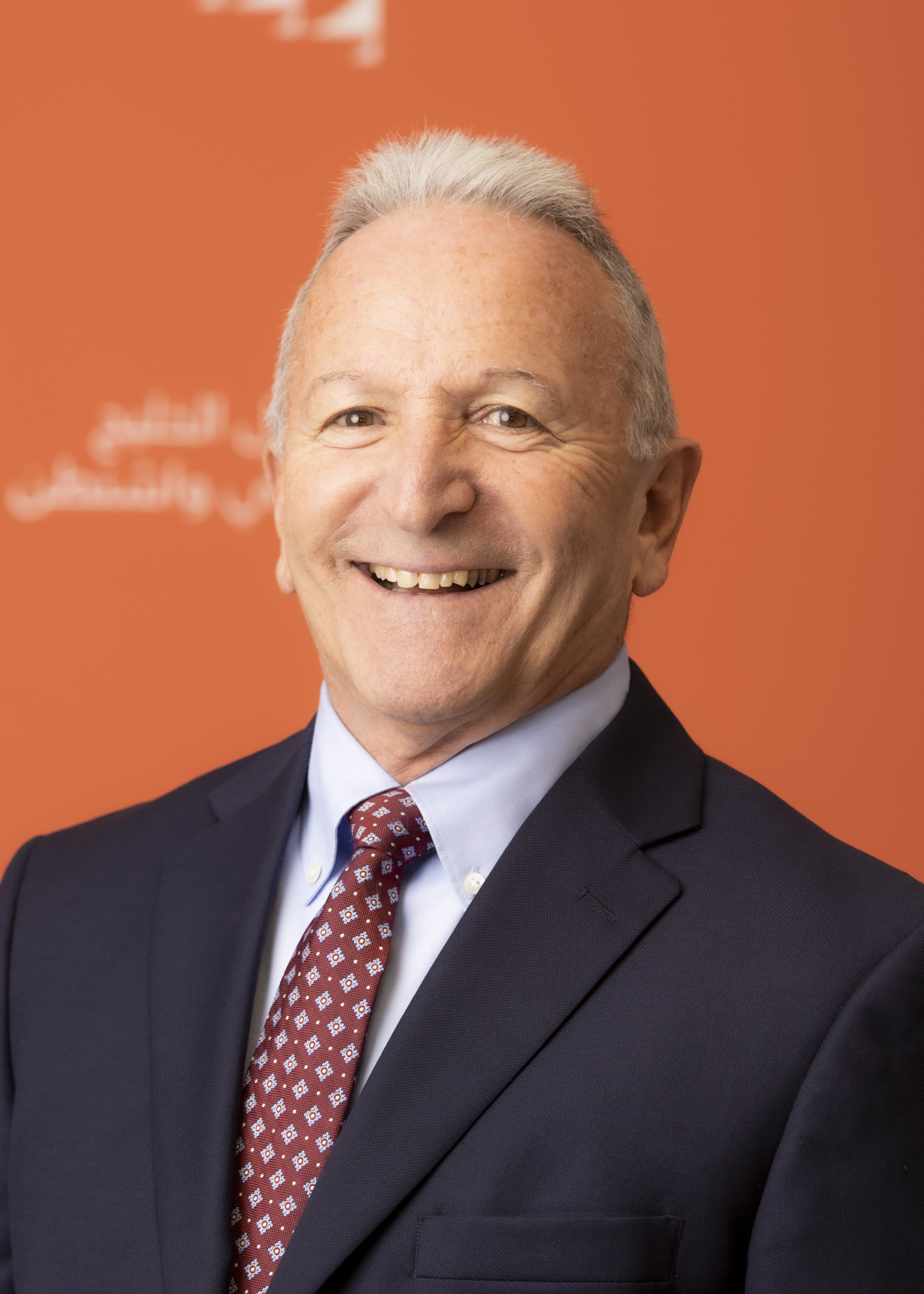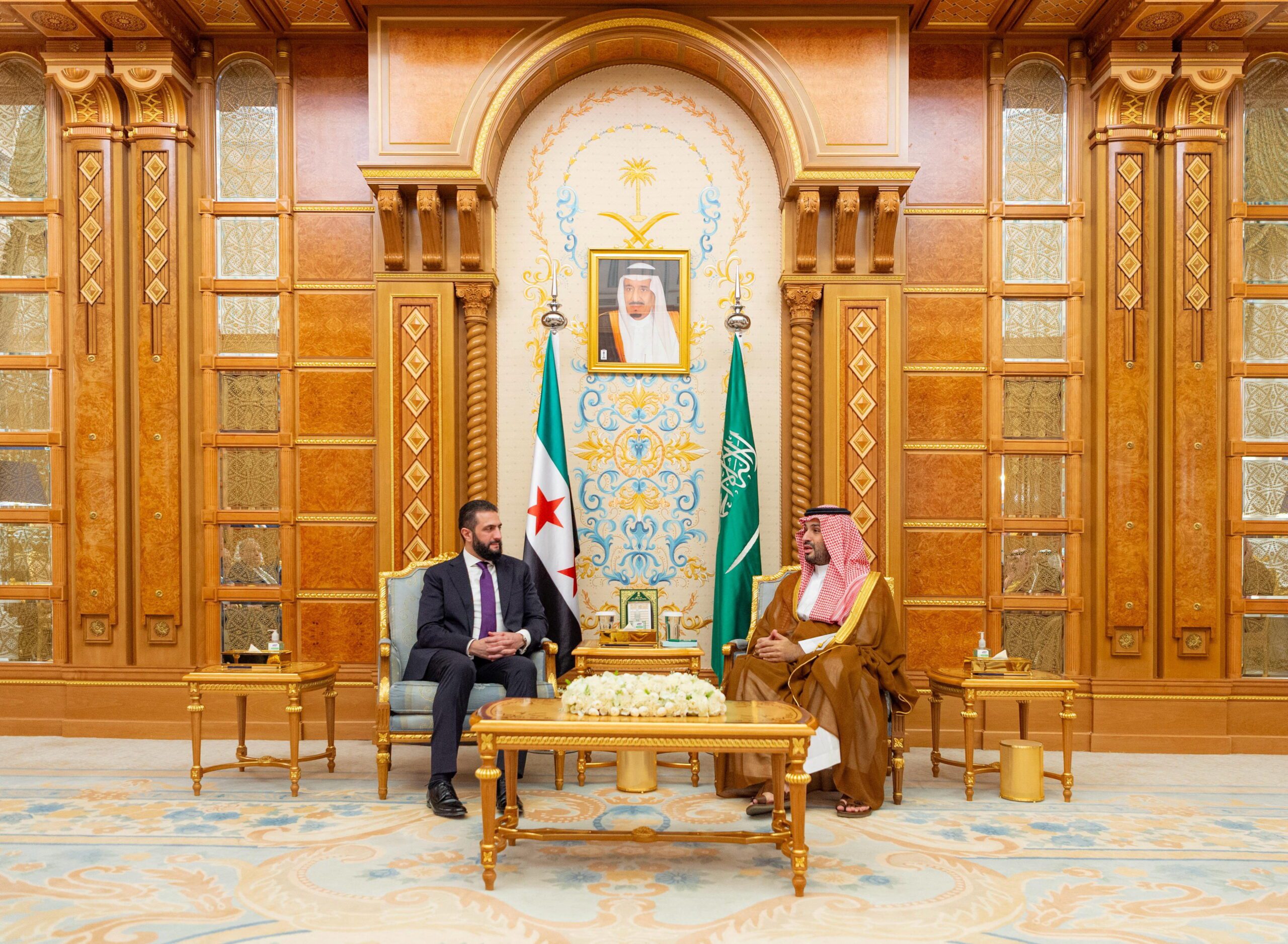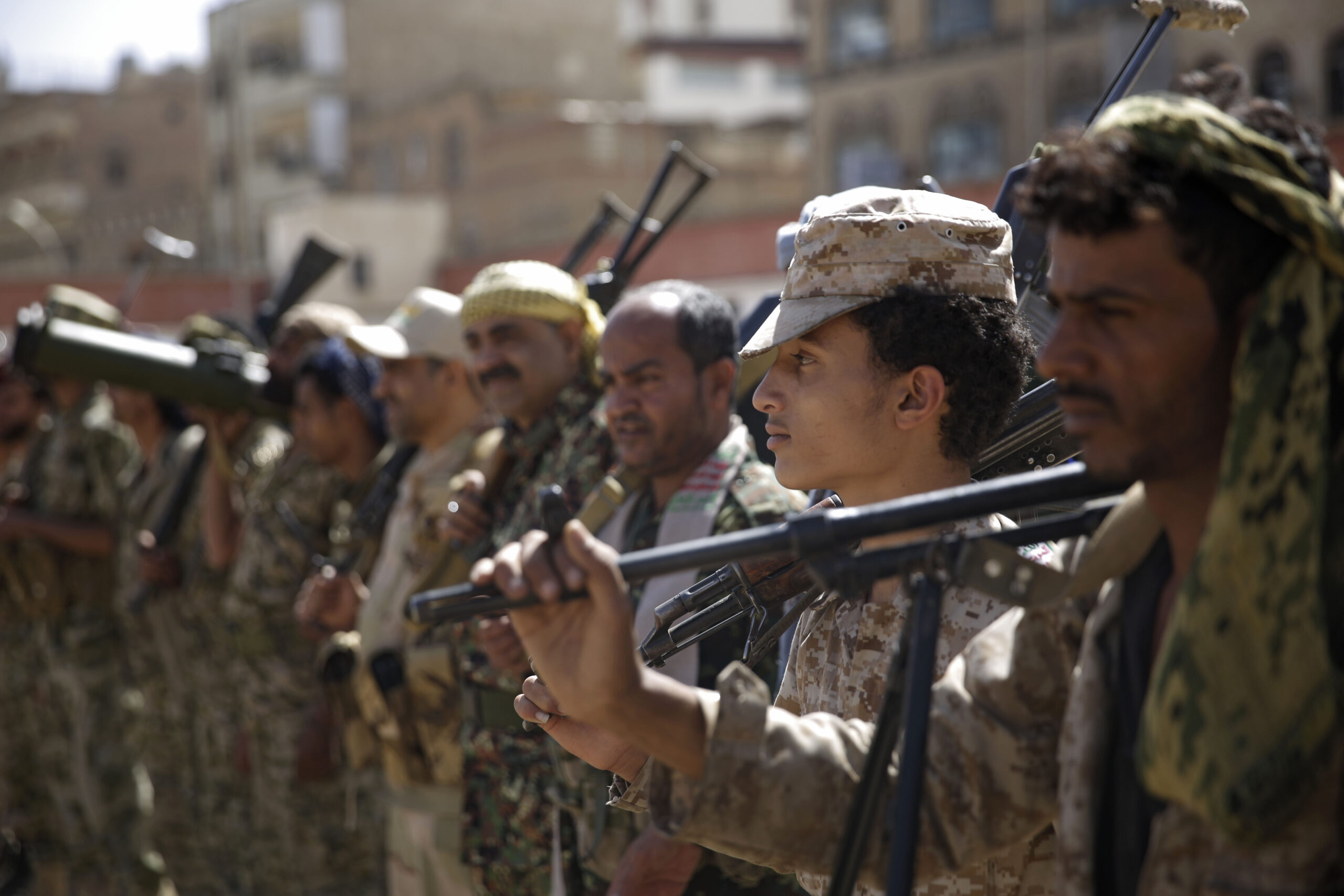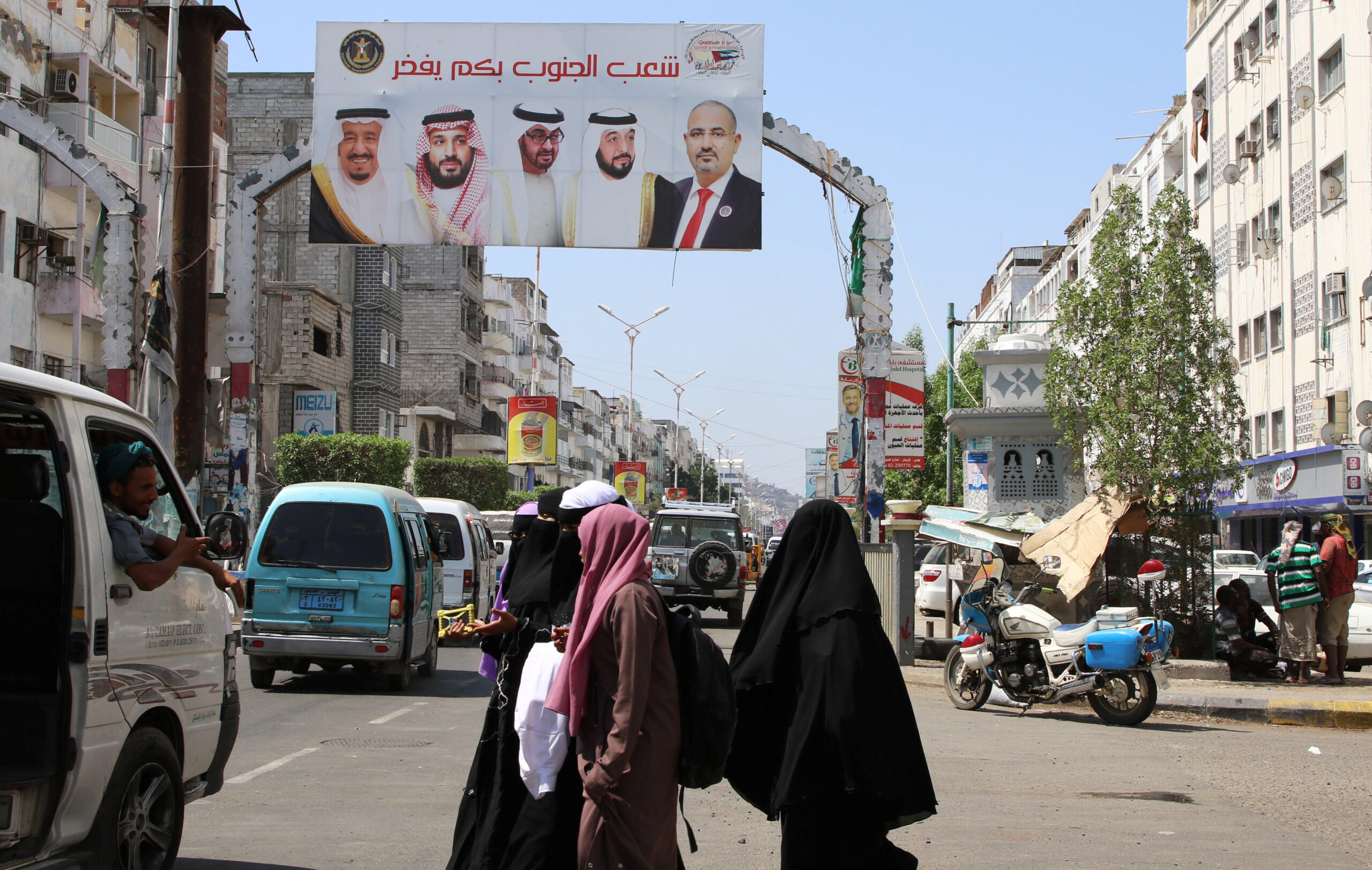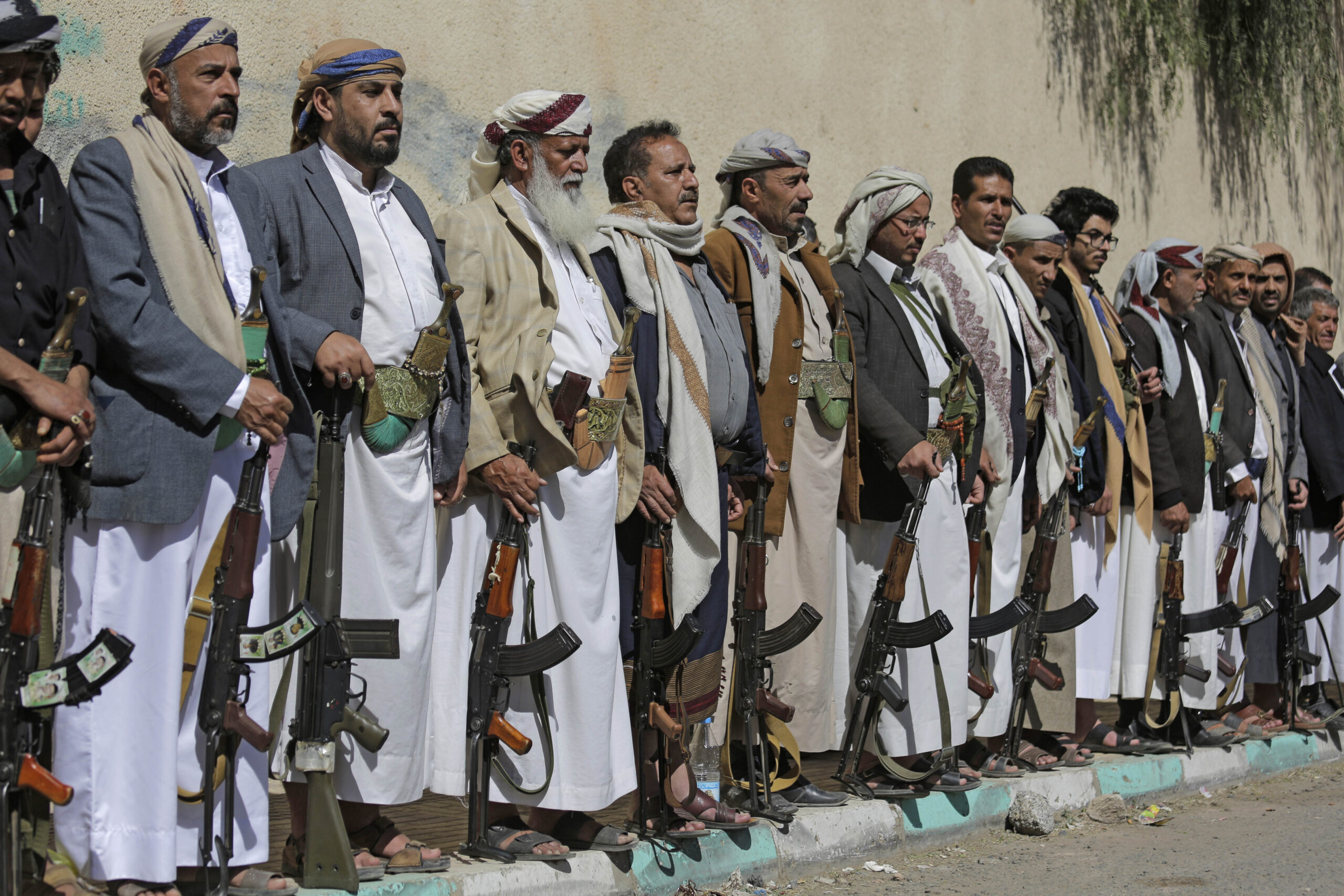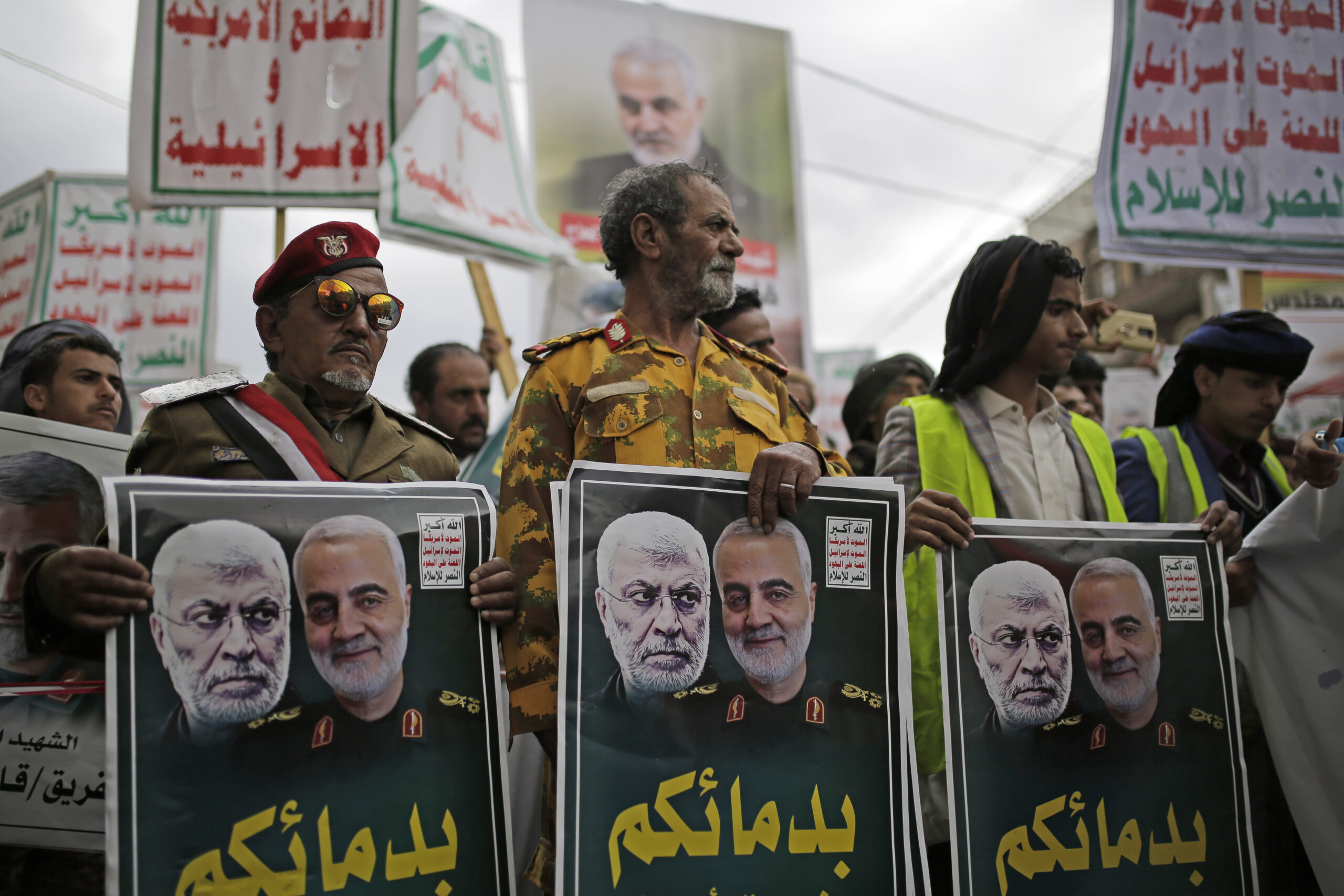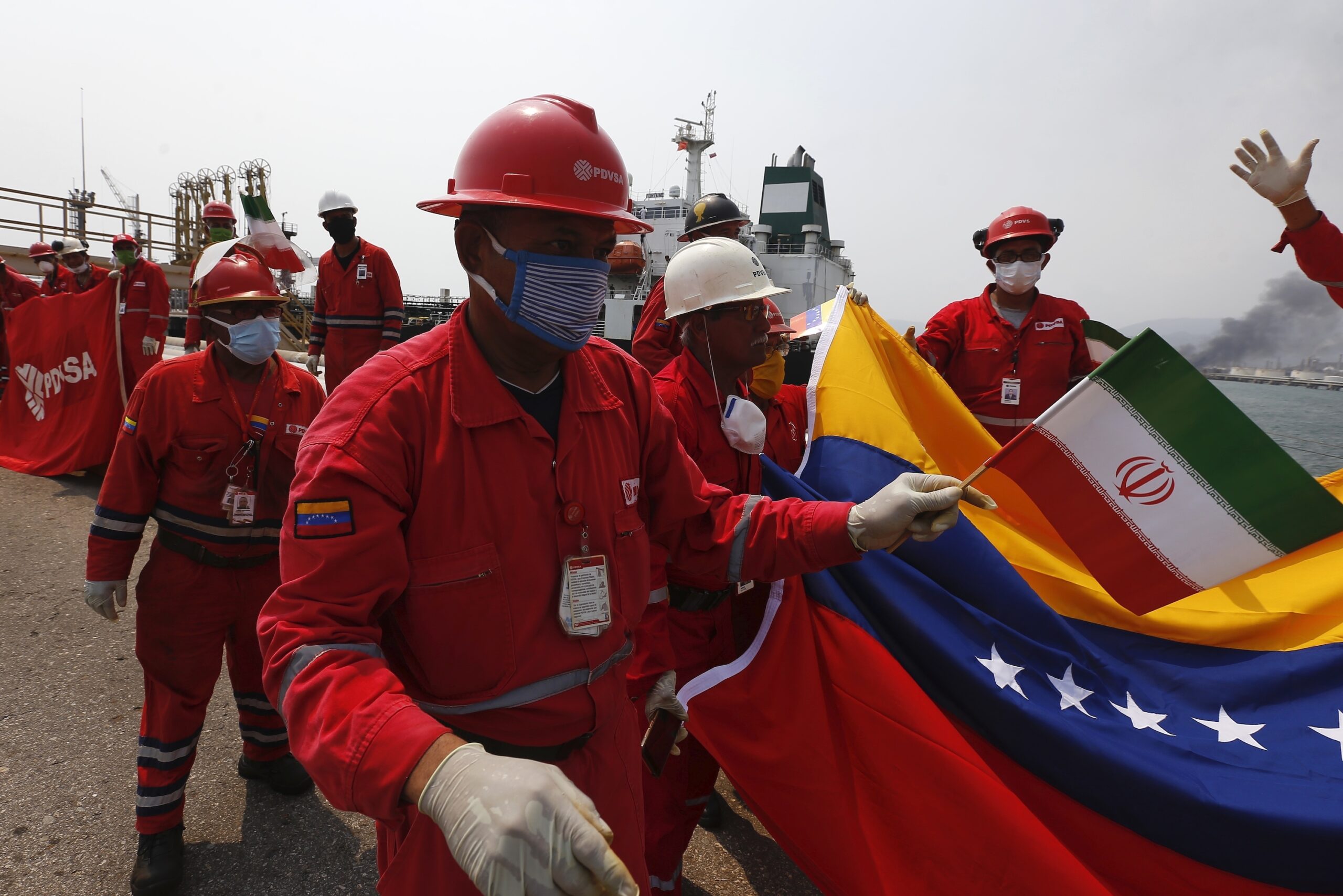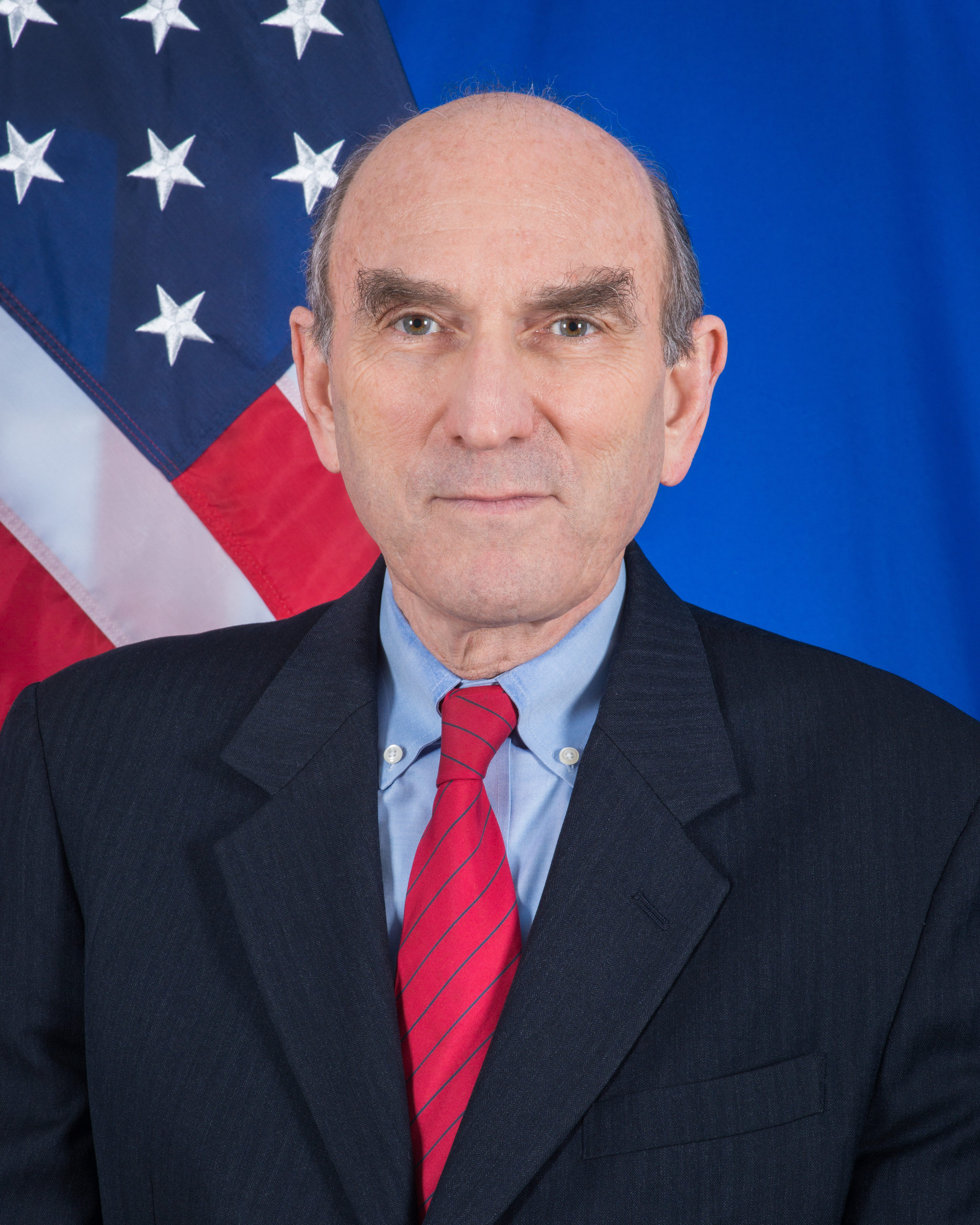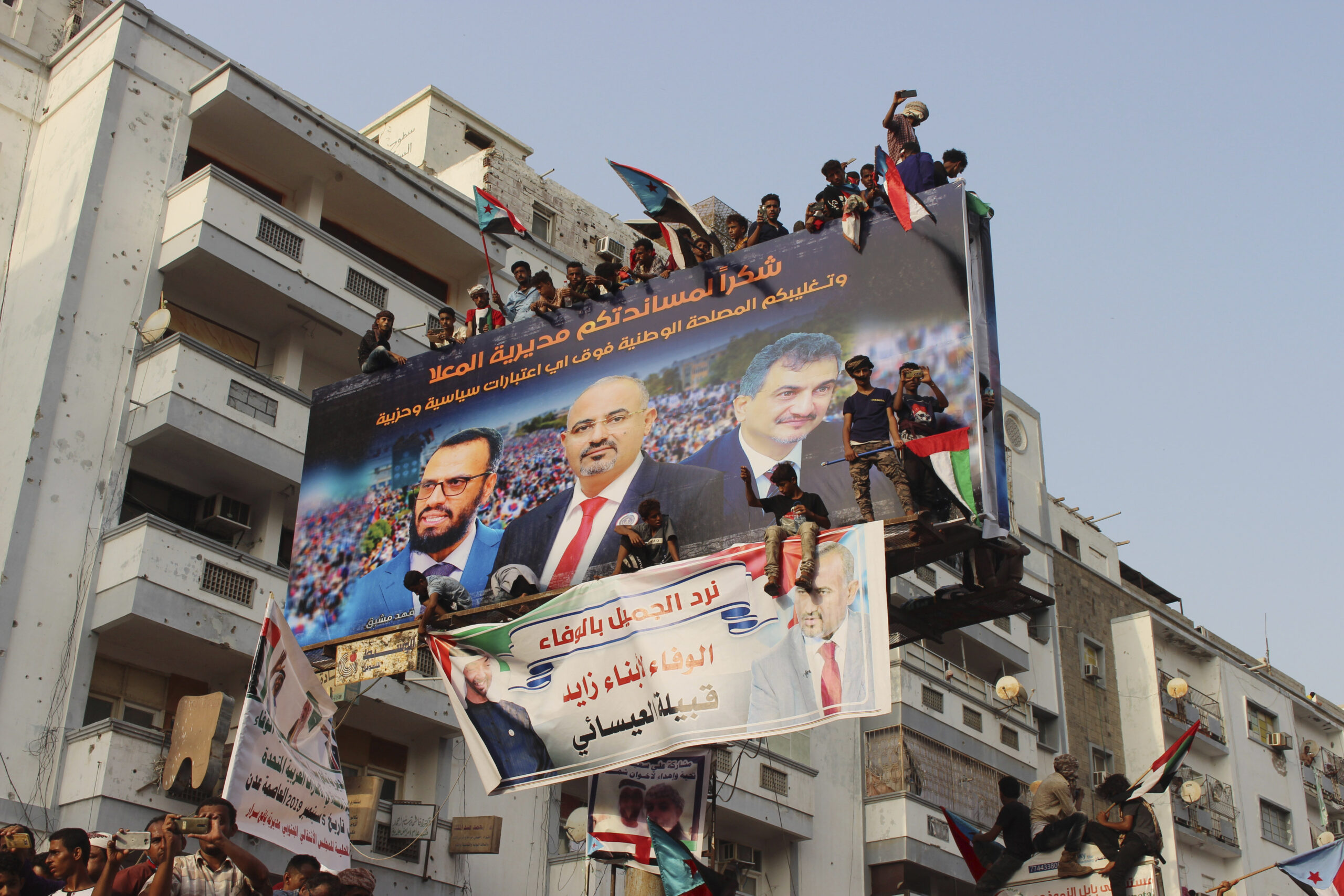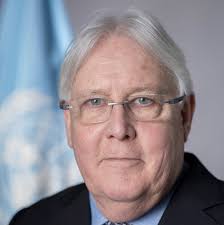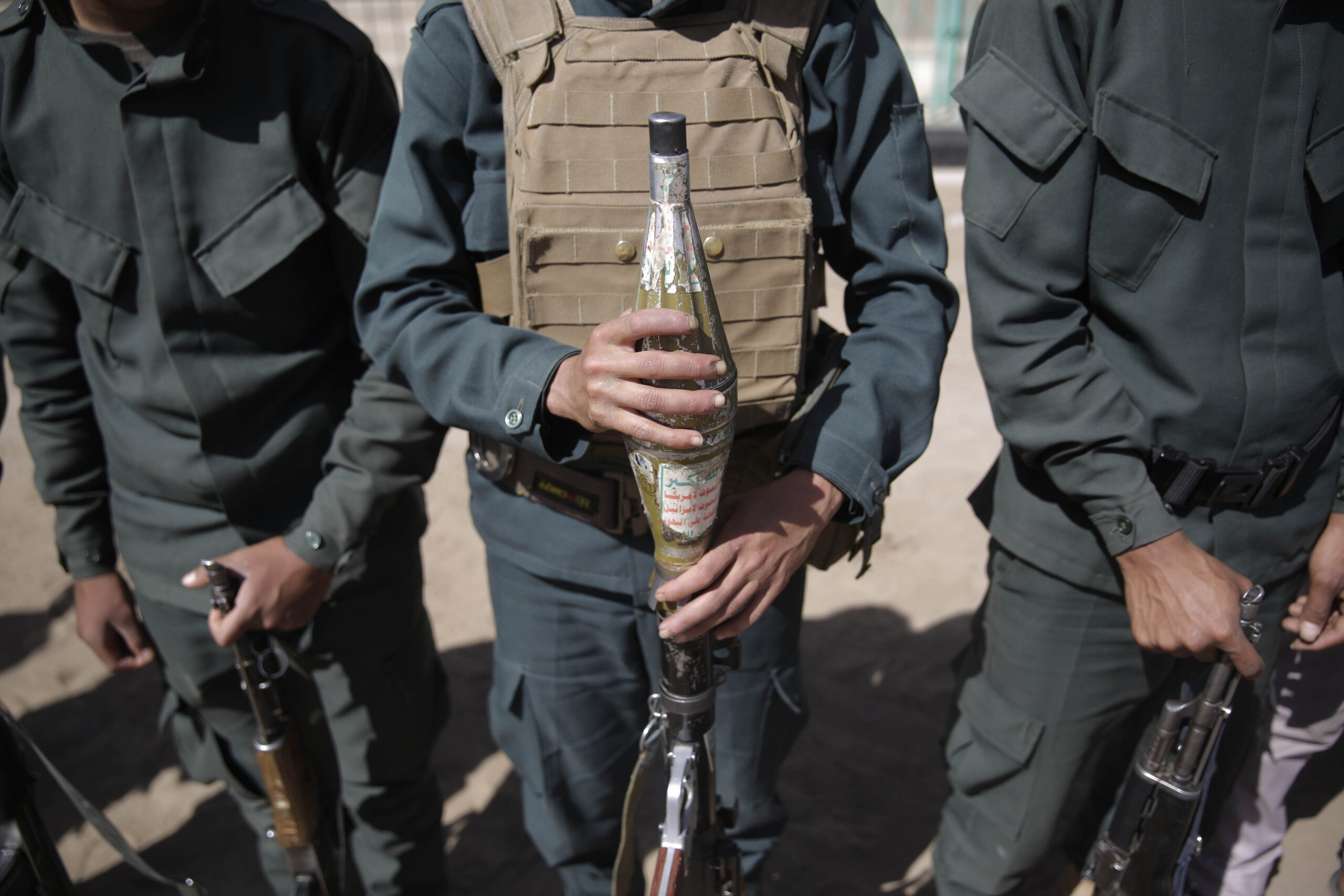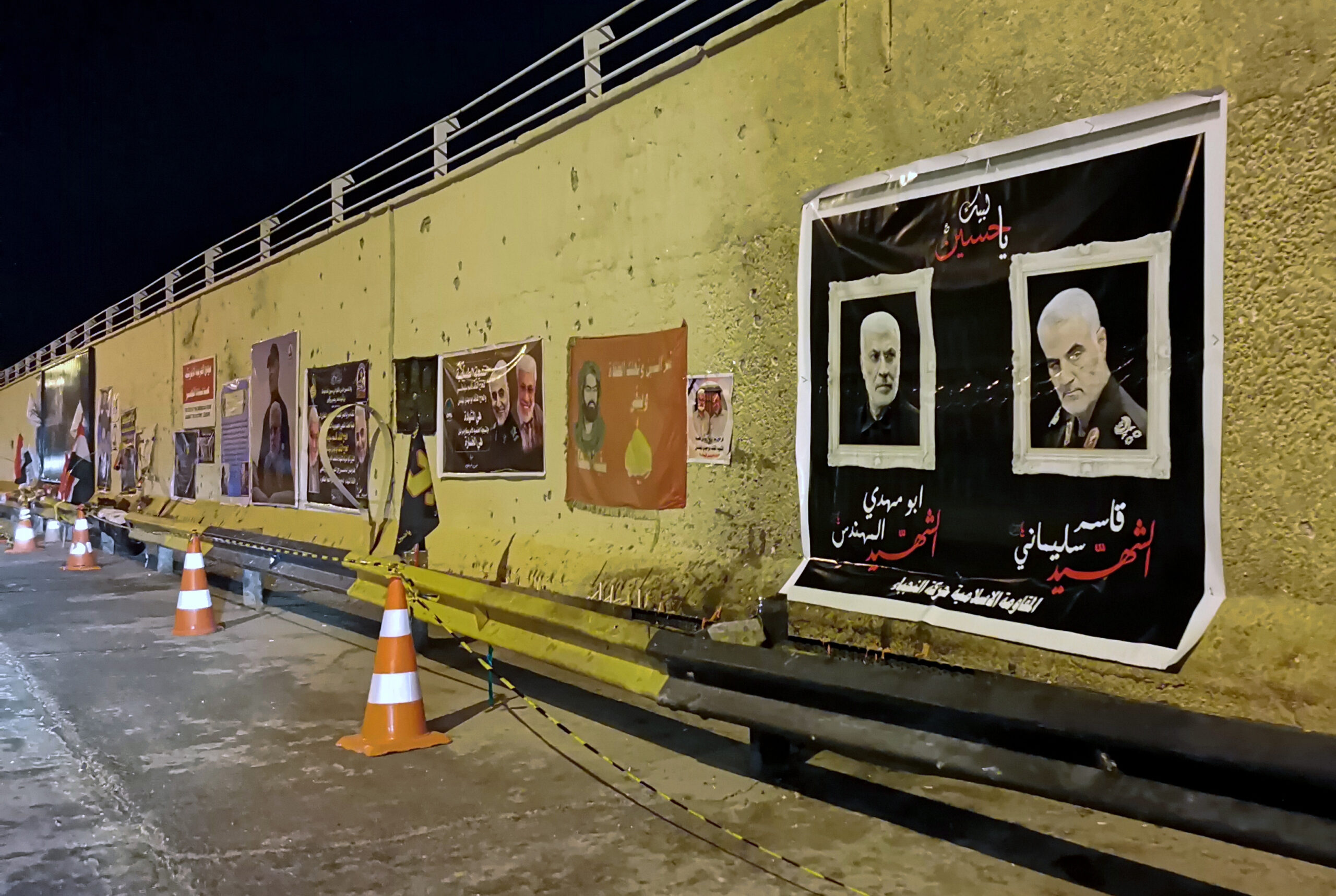Aden Conflict Not the Only Yemen News Worth Following
A simmering conflict between separatists in Southern Yemen and Aden-based elements of Yemen’s exiled government spilled out into the open in late January.
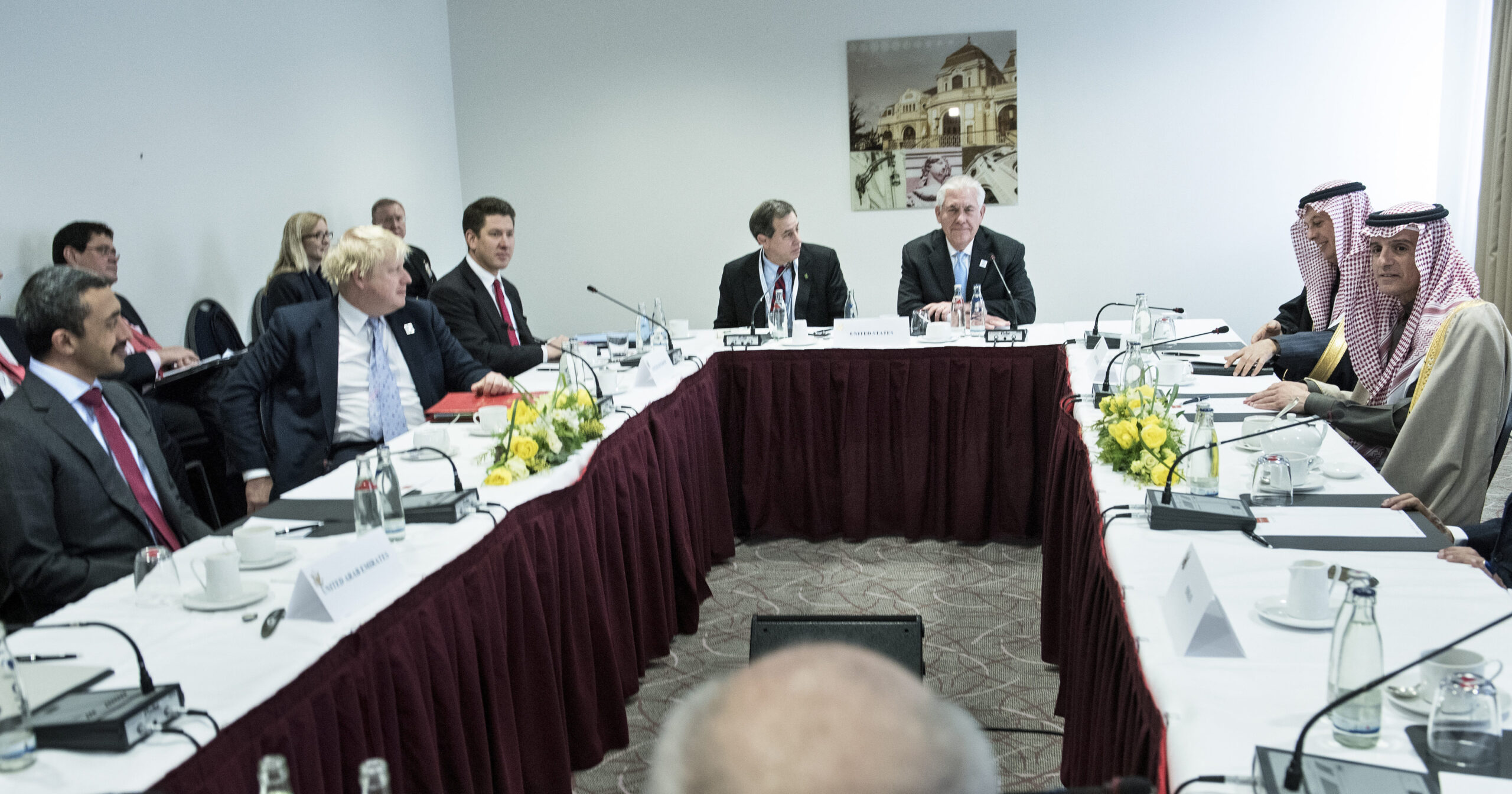
A simmering conflict between separatists in Southern Yemen and Aden-based elements of Yemen’s exiled government spilled out into the open in late January. This produced a torrent of commentary by Yemen analysts warning that the events point to a deepening fissure between Saudi Arabia and the United Arab Emirates, the two principal members of the military coalition seeking to restore the government of President Abd Rabbu Mansour Hadi. While the outbreak of hostilities between separatist forces in Aden that enjoy Emirati support and those representing the Hadi government is certainly unhelpful, its causes have more to do with long-standing Southern grievances than disagreements between Riyadh and Abu Dhabi. Both governments sent senior military officials to Aden to establish a cease-fire and refocus attention on the continuing struggle to defeat the Houthi insurgency, a goal that, nearly three years after it entered Yemen’s war, still eludes the coalition.
Meanwhile, another event that appears far more relevant to this effort has gone relatively unnoticed: On January 25, Reuters reported that Mohammed Abdel-Salam, a senior leader of the Houthi insurgents and one of the group’s principal negotiators, flew to neighboring Oman, accompanying a U.S. citizen freed by the Houthis after months in detention, following a decision to release him to the custody of the Omani government.
What is most intriguing, however, is that the Houthi negotiator apparently intends to stay in the Omani capital, Muscat, for an undetermined amount of time. This suggests a disposition on the part of the movement’s leadership to see if other parties in the conflict are inclined to resume discussions on what it might take to reconvene long-stalled peace negotiations. Already, some representatives of Western governments have called on Abdel-Salam, and others are considering doing so.
It is not clear if the United States is among those who will send an official in to probe the Houthi frame of mind, but it would be diplomatic malpractice if it failed to do so. The last contact the United States had with the Houthis was in December 2016, when then-Secretary of State John Kerry made a desperate and ultimately unsuccessful attempt to break the impasse and find common ground that would permit a resumption of negotiations. While no one expects Kerry’s successor, Rex Tillerson, to involve himself at this stage, the U.S. ambassador to Oman could easily drop by, or Matthew Tueller, the U.S. ambassador to Yemen, who has been resident in Saudi Arabia since the U.S. mission in Sanaa was closed in February 2015, could do so. No opportunity – however unlikely – to reverse the momentum of Yemen’s war and move away from armed conflict toward a negotiated settlement should be missed.
This is particularly true if the conversation were to provide an opportunity to gain some insight into the terms the Houthis might be prepared to accept as part of a plan to end hostilities in Yemen and permit the international community to focus its energy on alleviating the human tragedy that the war has visited on Yemen’s civilian population. While it is possible to divine what Saudi Arabia’s minimum requirements might be – an end to Houthi cross-border attacks, restoration of an internationally recognized government, and a diminished Iranian presence in Yemen – what the Houthis will settle for has always been far less clear.
Such an effort by the United States would be consistent with what has appeared in recent months to be a growing impatience on the part of some senior officials in Washington with Yemen’s protracted conflict. Since late 2017, the so-called Quad (the United States, United Kingdom, Saudi Arabia, and the UAE) has met three times, and Tillerson attended the last session in Paris. Meanwhile, the White House has issued statements recently urging all parties to the conflict to ensure the delivery of food and medicine to Yemenis who are suffering severe malnutrition and facing what continues to be the worst outbreak of cholera in modern history.
But meetings and pronouncements do not a strategy make, and the U.S. administration needs a comprehensive plan to bring the war to an end. One element of this plan should be greater pressure on Saudi Arabia to focus less on trying to pummel the Houthis into submission from the air, and more on a negotiated settlement to the war. U.S. pressure has an effect on Riyadh, as was clear late in 2017 when a U.S. strategy prompted a strong message from Washington that helped persuade the Saudis to relent and permit Lebanese Prime Minister Saad Hariri to rescind his resignation, which the Saudis had orchestrated. In the case of Yemen itself, recent initiatives by Riyadh may well be responding to U.S. concern regarding the urgency of attending to the acute needs of the Yemeni population, specifically commitments to inject $2 billion into the Central Bank of Yemen to mitigate a serious liquidity crisis, and to devote another $1.5 billion to a humanitarian assistance plan – even if the latter faces daunting logistical hurdles.
Meanwhile, armed hostilities in Aden between forces of the Southern separatist movement and those loyal to the Hadi government appear to have abated with little impact on the Saudi-led coalition. The head of the Southern Transitional Council, former Aden Governor Aidarous al-Zubaidi, said that the separatists were still committed to the coalition’s struggle against the Houthi insurgency. “We have tasks alongside the Arab coalition and its Decisive Storm [operation],” he said, while adding that “the people of the South have the right to their own state when the international community is ready for that.” That the Southern Transitional Council enjoys Emirati support has been evident for months, with scant evidence to suggest that Saudi Arabia is deeply disturbed by the UAE’s position.
It may be that, as it prepares to enter its fourth year of military engagement in Yemen, Riyadh still has no clear strategy for wrapping up the war. In that scenario, any positive momentum may be welcome, even if it consists of the UAE training Southern militias to serve as security forces, while its own special forces continue to pressure Al-Qaeda in the Arabian Peninsula.
But as Abdel-Salam’s plans for an extended stay in the Omani capital suggest, there may be other developments that warrant examination, if relevant parties are prepared to seize them. It is immaterial where the conversations are held, and if the Houthi negotiator leaves Muscat tomorrow, the search for meaningful engagement must continue if there is any hope to end Yemen’s war.
The views represented herein are the author's or speaker's own and do not necessarily reflect the views of AGSI, its staff, or its board of directors.
